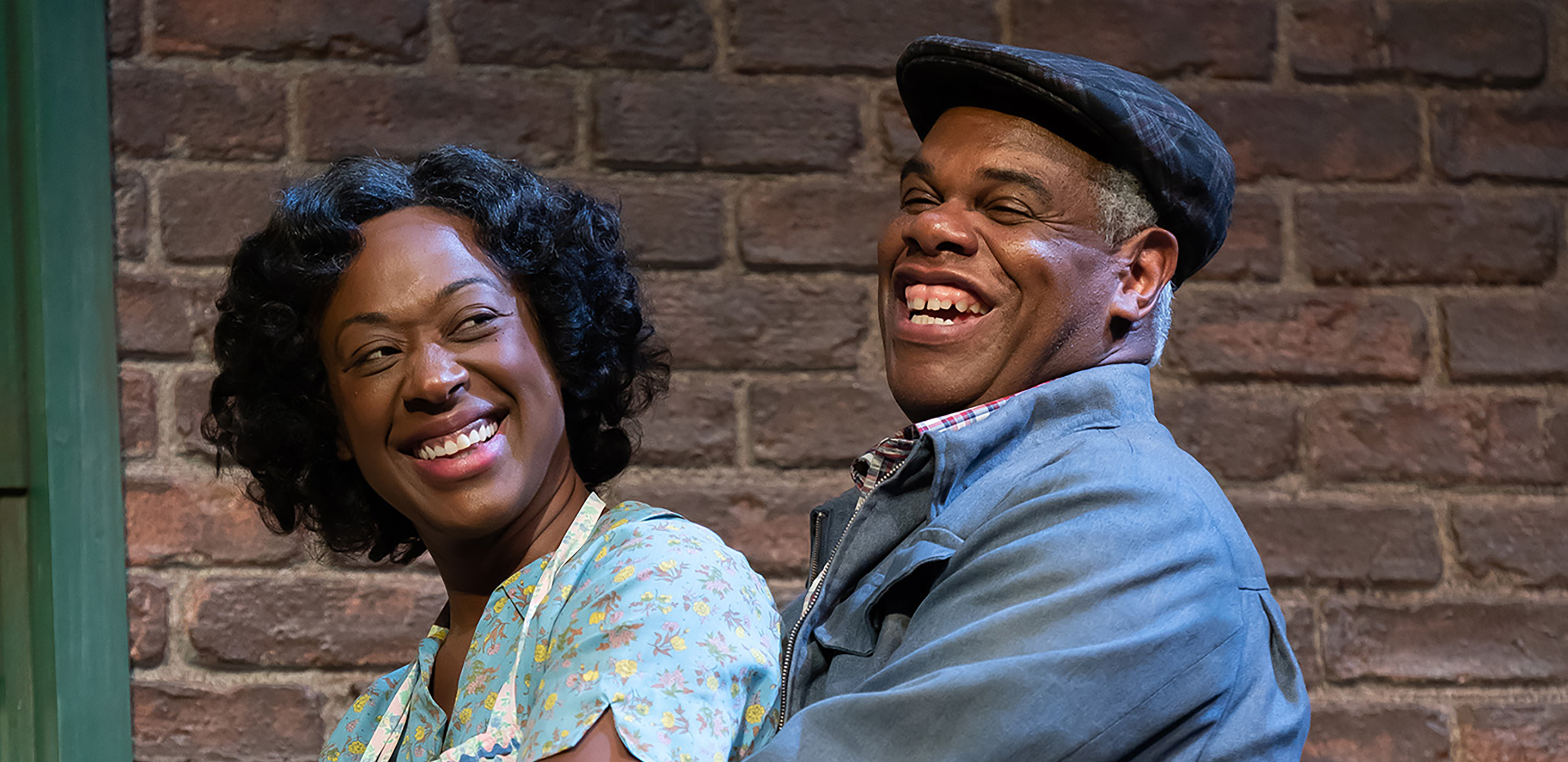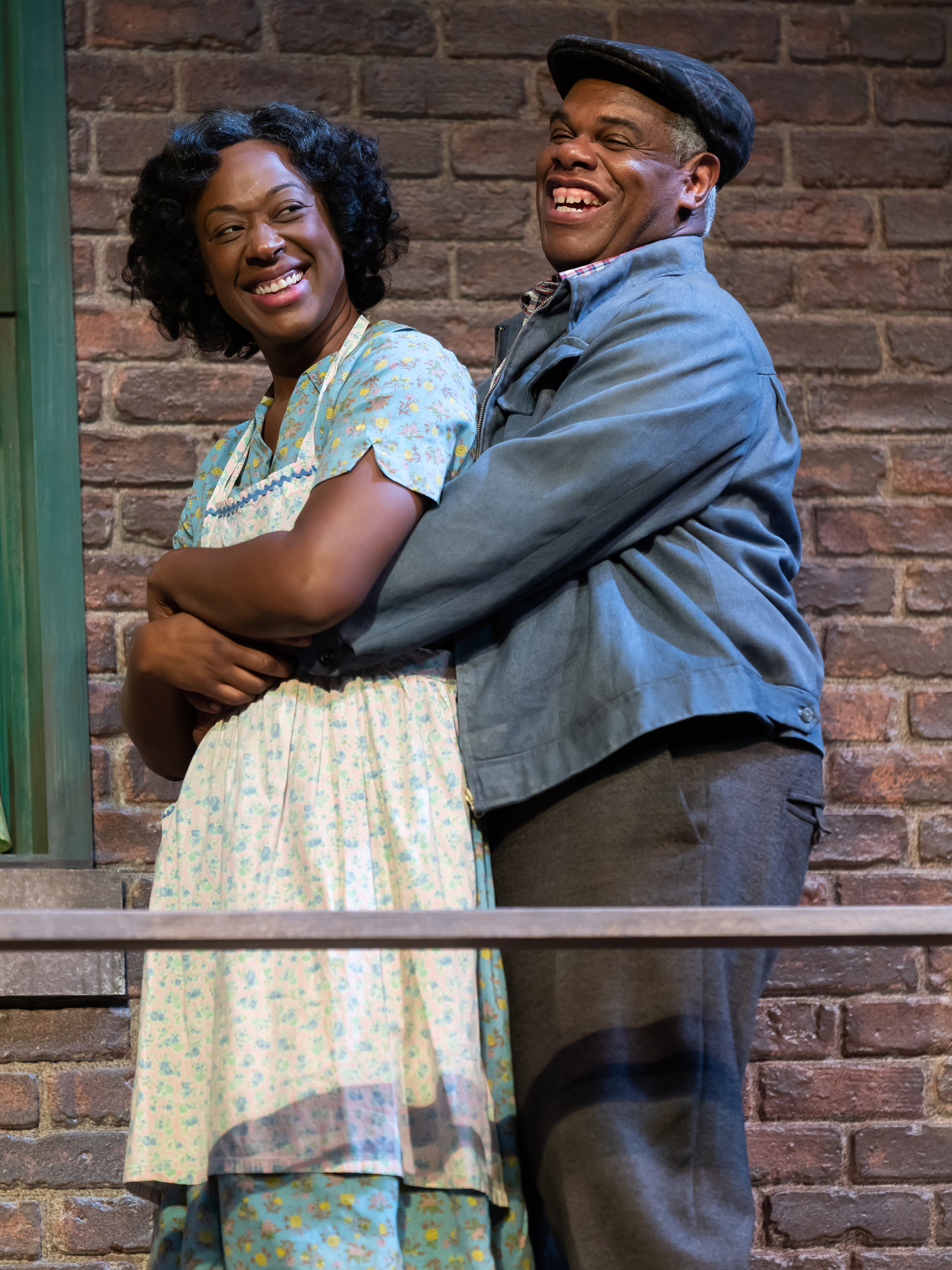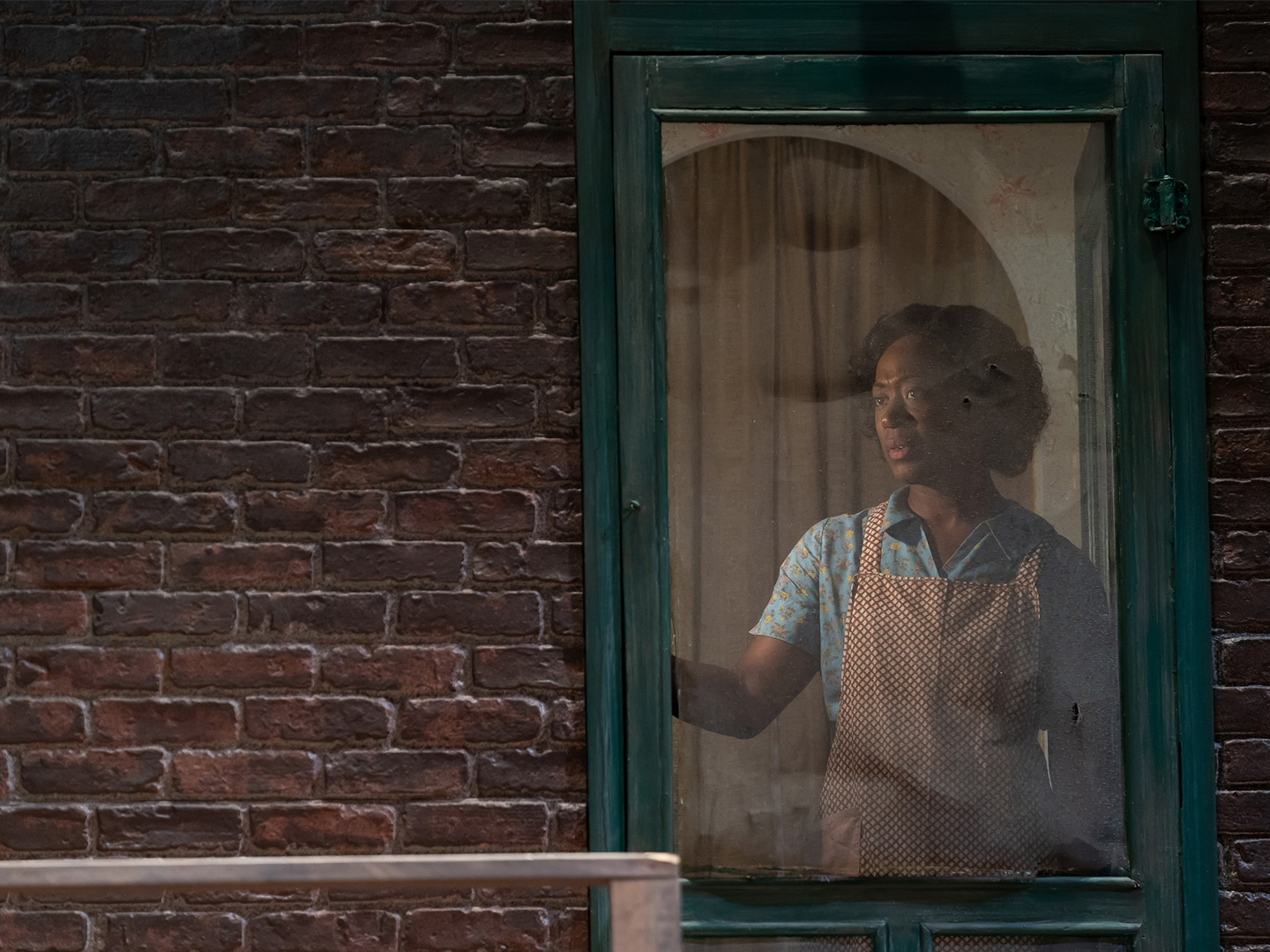
Dr. Sandra Shannon Discusses August Wilson’s Fences
Dr. Sandra G. Shannon is a leading scholar on the works of playwright August Wilson and Professor of African American Literature in the Department of English at Howard University. She’ll lead a post-performance discussion about August Wilson’s Fences following our October 13, 2019, matinee of the play. We recently spoke with her about the play and her experience meeting August Wilson himself.
Q: Fences may be the most well-known of August Wilson’s Century Cycle plays. When did you first encounter reading or seeing the play?
Dr. Sandra Shannon: I begin the Preface of my book, The Dramatic Vision of August Wilson (1995), with an acknowledgement of the profound personal impact that reading Fences for the first time had upon me: “I read Fences in 1987 and was so moved by its portrait of the deeply troubled Troy Maxson that, as soon as I had turned the last page, I vowed to read everything I could get my hands on that was written by August Wilson.”
Thus, began my over 30-year career as a leading scholar of his life and work.

Q: Why do you think the play and characters resonate so strongly in our collective American life?
Dr. Shannon: The task of explaining why Fences resonates with “our collective American life” is not a difficult one when we consider the common concerns that bind us as humans—for example, the desire that our children are left better off than we, our efforts to sustain the sanctity of family, our care of and concern for the less fortunate, and the ability to participate fully in this so-called American Dream.
Q: Fences is a story about the consequences of racism and segregation. How do Troy’s experiences as a black man put him at a different place on “the starting line” from the white men in his same circumstances, in baseball and as a sanitation worker?
Dr. Shannon: August Wilson frequently railed against what he called an “uneven playing field” for African Americans and the tendency of America’s dominant white power structure to change the rules mid-game to their benefit. Not only is Troy Maxson—the son of a brutally mean sharecropper father—a manifestation of these recurring themes in Wilson’s American Century Cycle, but his brother Gabriel also joins him in becoming what the playwright often referred to as “leftovers from history.” Racism was at the core of Major League Baseball’s rules that excluded the likes of Troy from realizing his dream of playing in that all-white group. Racism within the U. S. military at the time used up Gabriel and set the brain-damaged soldier adrift with a mere one-time compensation. Wilson indicts both institutions and individuals for constantly moving the “starting line.”

Q: Some of the play’s strongest moments belong to Rose. She is not only the heart of the household but seems like a true partner with Troy, which makes his betrayal all the more devastating. How does Wilson’s writing of her character explore our responsibility to our families and ourselves?
Dr. Shannon: Rose serves as the conscience and moral center of the Maxson family household. As mediator, homemaker, caretaker, wife, biological and surrogate mother, psychologist and all-around center of gravity, she is nearly consumed trying to make things right for others. When she does finally acknowledge having given too much of herself to Troy at the expense of negating her own identity, her epiphany becomes a cautionary tale to those who privilege the needs of their family over their own.
But Rose’s decisions to put others before self is far more complex when considering the 1950s milieu in which the play is set. While Rose’s character does strike universal chords about motherhood and marriage, her circumstances as an African-American woman in 1950s America must be factored into any assessment. In the first half of Fences, Rose’s character, like that of Ruth Younger in Lorraine Hansberry’s Raisin in the Sun (1959), fits the stereotype of the subservient, dutiful housewife of that era. However, when she finds her voice and the courage to confront her philandering husband, she positions herself for massive changes on the horizon in the 1960s for women in general and for African-American women, in particular.

Q: I wonder if you ever had the opportunity to speak with August Wilson about Fences? If so, what was that experience like?
Dr. Shannon: I was very fortunate to have been granted several extensive interviews with August Wilson while writing The Dramatic Vision of August Wilson (1995) and while co-editing the collection August Wilson and Black Aesthetics (2004). When we sat down to talk backstage at the Kennedy Center’s November 1991 production of Two Trains Running, the controversy surrounding his demands that Fences be directed by a black director was still reverberating. The exchange went as follows:
SHANNON: You have some very definite ideas on the director’s sensibilities in interpreting your work. If you care to elaborate, what is the status of your request that a black director be secured to direct the Paramount release of Fences?
WILSON: I said that I wanted a black director—which was from the beginning—I told Eddie Murphy that. Eddie Murphy said, “I don’t want to hire anybody just because they are black.” Well, neither did I, meaning that I wanted somebody who was black and talented. I have since learned to look behind that phrase. … And what, in essence, you are saying is that the only qualification that a black person could have is that they are black. … That means that’s the only reason you would have to hire anybody is for their skin color. So, when they say that, they just speak ill of everyone. All of those black directors in Hollywood and you say, “I want a black director,” and they go, “I don’t want to hire nobody just because they are black.” I say, “Naw, hire them because they are talented.” (Dramatic Vision of August Wilson, 215)
Q:What significance, if any, do you find in Fences being staged here in D.C. at Ford’s Theatre?
Dr. Shannon: Certainly, the irony is not lost on me that August Wilson’s Fences will be performed in the same space where Abraham Lincoln, the 16th president of the United States who led the nation through the American Civil War over the question of slavery, was unfortunately assassinated. This space puts into sharp relief the still lingering effects of slavery upon the fictional Maxsons and, by extension, upon contemporary African Americans. As such Ford’s Theatre allows enlightened audiences to appreciate the juxtaposition of past and present and grapple with what it reveals.
Lauren Beyea is Associate Director of Communications and Marketing at Ford’s Theatre, where she oversees media relations. She is editor of the Ford’s Theatre Blog. Follow her on Twitter @LaurenBeyea.

